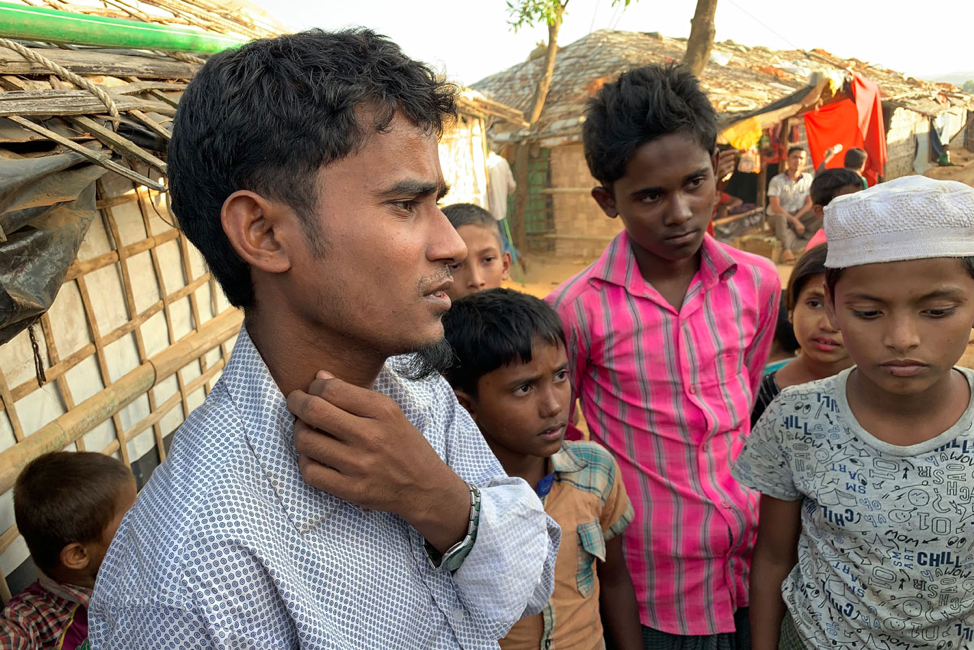More than 900,000 Rohingya refugees live in sprawling, overcrowded camps in Bangladesh, not far from the border with Myanmar. Their plight is the result of a violent campaign against them by Myanmar’s security forces that U.N. investigators say showed evidence of the gravest crimes under international law, including genocide.
The refugees are victims of, and witnesses to, horrific violence: the murder of their family members, rape, disfigurement, arson and more. These devastating experiences and profound losses have changed their lives forever. While numerous aid organizations focus on the refugees’ basic needs, Washington University School of Medicine colleagues Rupa Patel, MD, and Anne Glowinski, MD, have zeroed in on another crisis: the profound need for mental health care among the traumatized refugees.
Fueled by what she has seen and the people she’s met, Patel also is helping gather evidence of violence against the Rohingya. She has begun collaborating with Leila Sadat, director of the Whitney R. Harris World Law Institute at Washington University School of Law, to work toward finding justice for the Rohingya.
